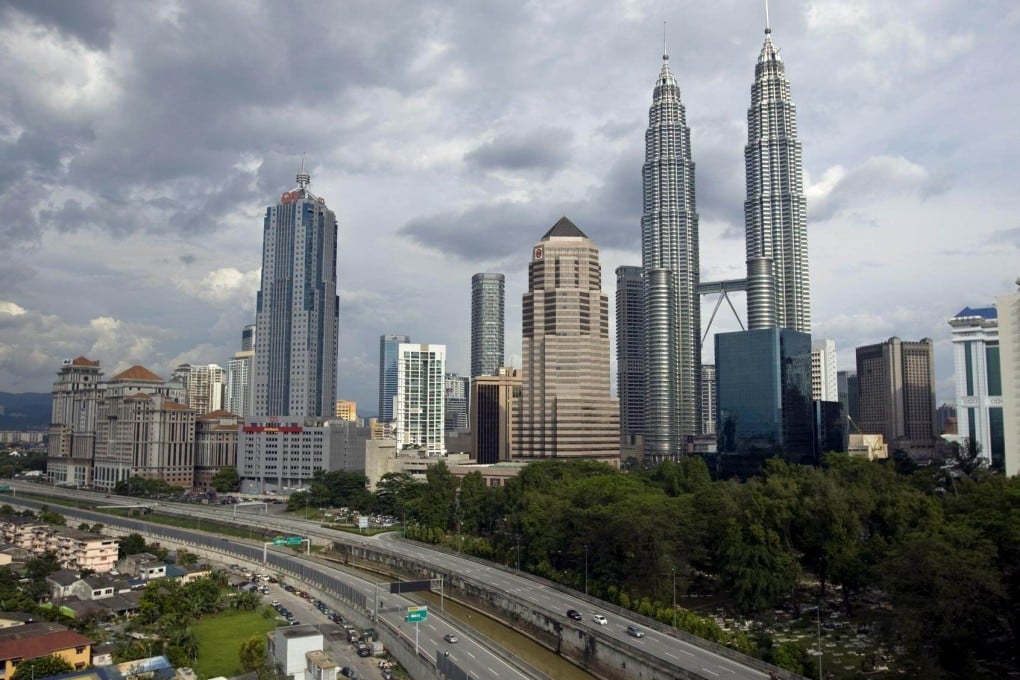Malaysia won’t budge ‘an inch’ over Sabah as Philippine heirs chase US$15 billion claim
- PM Ismail Sabri says a task force has been set up to study all of Malaysia’s overseas assets, as he swears to protect the ‘security and sovereignty’ of Sabah
- The feud over the eastern Malaysian state, linked to a colonial-era land deal, has sparked a blame game between politicians, with a police report filed against ex-premier Najib Razak

Eight descendants of the last sultan of Sulu, a small Philippine island chain, have for the past decade been seeking to settle a dispute over an 1878 agreement involving territories that include what is now the resource-rich eastern Malaysian state of Sabah.
In their latest move, the heirs’ lawyers in London served an asset seizure notice on two Luxembourg-based subsidiaries of Malaysia’s national petroleum company Petronas.
The lawyers say more seizures will follow unless a resolution is reached and Malaysia recognises the award handed down by a French arbitrator in March – which Kuala Lumpur has refused to do until now.
With the issue becoming one of the most talked-about topics in the country – even triggering a chaotic start to a parliament sitting this week – Ismail Sabri on Tuesday said Kuala Lumpur “will not compromise even an inch in protecting the country’s security and sovereignty”.
“A special task force has been set up to look into the issue in a comprehensive manner, not only concerning Petronas assets but also Malaysia’s other assets abroad,” he said. “There are many government-linked companies which have assets overseas and this will be looked into thoroughly.”
